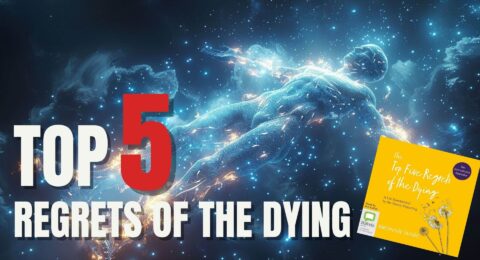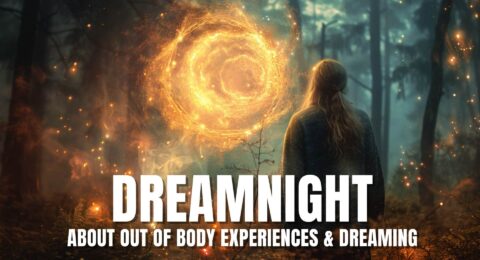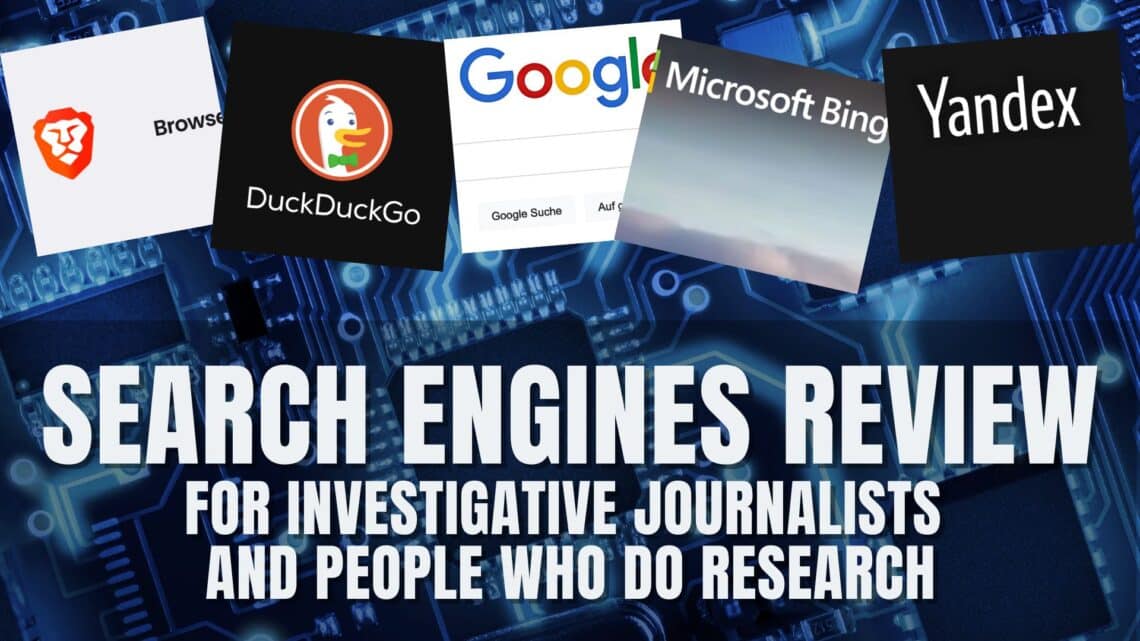
Search Engines Reviews 2024: People need new Search Engines!
The search engines have been conquered by the mainstream media. This is one of the big problems, especially for investigative journalists or those who like to do a lot of research. What can be done about it?
A new form of search engine would be very nice. Nowadays, if you search for a name or a specific article or even current news, you will only find mainstream media articles on the first 20 pages of ANY search engine. In this way, you get pre-chewed opinions from the bought press houses. The fact that someone wants to form a neutral or objective opinion is not taken into account at all. It is probably extremely important to make people believe what they want to believe.
The worst Search Engines
The Google search engine is the worst. It censors, bans and arranges the search results in such a way that you first have to scroll through the entire mainstream until you finally get to the results that are actually useful.
However, if you use other search engines such as Bing, Duckduckgo, Escosia or Brave, it’s not much different. Certainly, they are more usable than Google and Bing, but they still follow the same pattern, namely lifting mainstream articles to the top. Search lazy people, and that is certainly 95% of search engine users, do not scroll past the first page of search suggestions. In this way, they only find out the pre-chewed knowledge of the mainstream media, such as BBC, Wikipedia, New York Times, New York Post, MSNBC, NBC, CBS News, CNN and what they all call themselves.
I remember the days of the internet when the mainstream media was a bit behind because it was always so boring and not that interesting. Especially when you typed in a certain name, that person’s website would pop up at the top. They had the privilege of appearing at the top so that they could have their say first and explain who they were.
 Nowadays, however, things are different… For example, if you enter the name of US Governor Marco Rubio to find out more about him, the first six pages only contain articles about him in the mainstream media, even though he has his own website. Why does his website only appear 50-60 positions later? So that you have already clicked on a few mainstream articles and formed a very specific opinion about this person. And by the time you find his website, you are already full of prejudices.
Nowadays, however, things are different… For example, if you enter the name of US Governor Marco Rubio to find out more about him, the first six pages only contain articles about him in the mainstream media, even though he has his own website. Why does his website only appear 50-60 positions later? So that you have already clicked on a few mainstream articles and formed a very specific opinion about this person. And by the time you find his website, you are already full of prejudices.
The Chinese search engine Baidu from China is not much different. It is the equivalent of Google for the Chinese region. Baidu is used by most Chinese people, far fewer than Google, but there is no real difference here.
Dishonest Search Engines
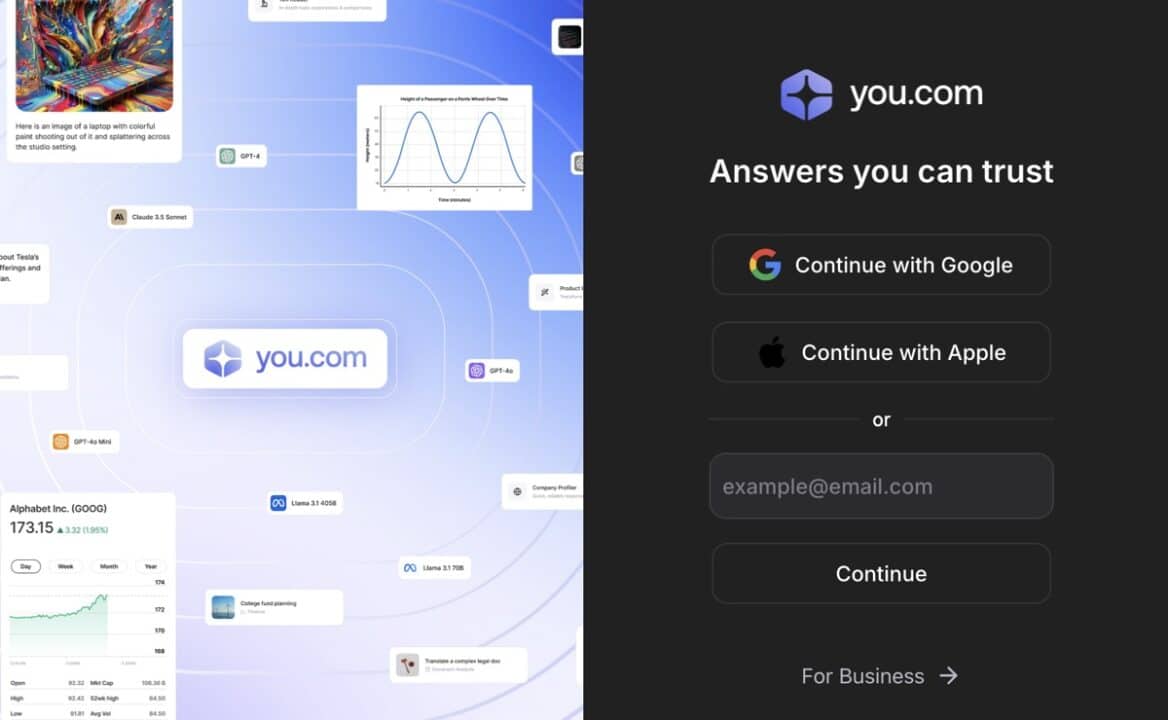 The search engine You.com, which places absolute value on anonymity and privacy, is currently receiving a lot of praise. It even has an integrated chat bot that is supposed to support anonymous and accurate searches. However, if you call up this search engine, you are not allowed to enter anything, but have to log in via Apple or Google in order to use it. I imagine anonymity to be different. The same thing can also be seen with the new search engine Nona.de from Germany: Anonymous and private… but you have to enter your e-mail address before you can search.
The search engine You.com, which places absolute value on anonymity and privacy, is currently receiving a lot of praise. It even has an integrated chat bot that is supposed to support anonymous and accurate searches. However, if you call up this search engine, you are not allowed to enter anything, but have to log in via Apple or Google in order to use it. I imagine anonymity to be different. The same thing can also be seen with the new search engine Nona.de from Germany: Anonymous and private… but you have to enter your e-mail address before you can search.
The search engine startpage.com also advertises anonymity and privacy. If you enter a specific name here, the first 5-6 results are again mainstream media, until the person’s website is listed on the first page. This is at least a small improvement.
The same can be found on the yep.com search engine. First Wikipedia, then the website of the person in question, followed by umpteen search results from the mainstream media.
The search engine Brave.com delivers reasonably good results and also lists this gentleman’s website on the first page. Although Wikipedia is at the top again, because they seem to have the right of first refusal everywhere, the search results that follow are not immediately negative or present a flood of opinions from the mainstream media. Of course, some articles from the mainstream media are also represented here, but not all at once.
Searching for insignificant People
Lo and behold, if you enter the names of people who are not in the public eye and have no political influence, it suddenly works! If I enter my own name, my website comes up first, followed by social media accounts and the books I’ve published. Just as it should be, really.
This means that presumably all search engines are manipulated in relation to people with any influence on politics, medicine, pharmaceuticals or the like are immediately intercepted by an AI and then it’s all about censorship and opinion-forming so that you can finally find your own website at some point with the “right” attitude.
But there is also a bit of manipulation here. Of the five or so websites I own, the “most harmless” one is listed above, i.e. the one with no political content, like my artist website. Only much later does this blog of mine appear here, although it has received the most attention for search engine optimization and contains the most articles. That’s not entirely correct. Only a search engine does it the way it should, if it hasn’t been manipulated…
Yandex is reasonably tolerable
The only site left to recommend is Yandex.com. It’s a Russian search engine, but it respects a person’s name and lists their website at the top. It gives quite different results, well mixed and with reasonably little mainstream media. Even in the case of my own name, they immediately list the website at the top that is likely to be the strongest – due to the many articles and the corresponding search engine optimization. That seems neutral and successful to me.
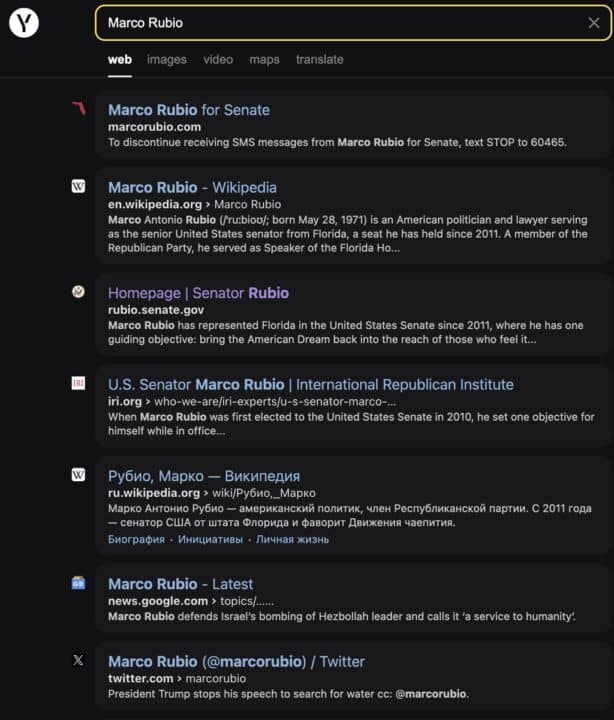 But here is another example with the name Marco Rubio:
But here is another example with the name Marco Rubio:
You can at least find the website of the gentleman in question, including his Twitter and Instagram accounts, on the first page. That’s very good and gives us hope. Even if Wikipedia is again at the top here, which, as you certainly know, only represents the mainstream.
But there is also a fly in the ointment here, because if you enter Donald Trump, for example, his websites and social media accounts appear on the first page, but Google News and Wikipedia are at the top. Similarly, in the case of Elon Musk – and other celebrities – the Google News and Wikipedia entries come up first, followed slowly by his Twitter account. For people who are looking for information about a person and tend to only click on the first entry, they are immediately programmed to read the “right” thing.
In Russia, most people use Yandex.com even before Google. In many other countries, this does not exist. At least the Russians have realized what’s going on.
Of all the search engines, Yandex.com is probably the most recommendable at the moment. At least it still tries to present search results objectively and does not vehemently emphasize the mainstream media.
The Solution
Wouldn’t it be nice if there was an alternative search engine that first listed the person’s website at the top with their social media accounts searched for, followed by a fair split between alternative websites and, for all I care, some of the mainstream media.
Such a search engine would certainly get a lot of hits as it presents the information accurately and objectively. Even better, of course, would be a search engine that excludes the mainstream media in advance – as a form of compensatory justice – but I don’t know how much effort this would entail. Perhaps someone will take pity on this project. I can well imagine that this represents a huge gap in the market these days.




